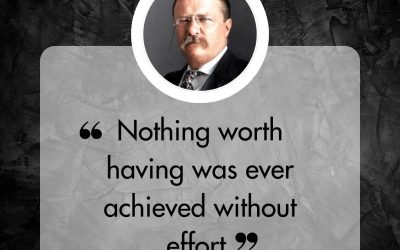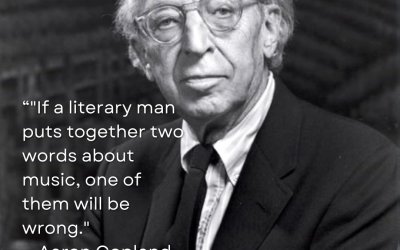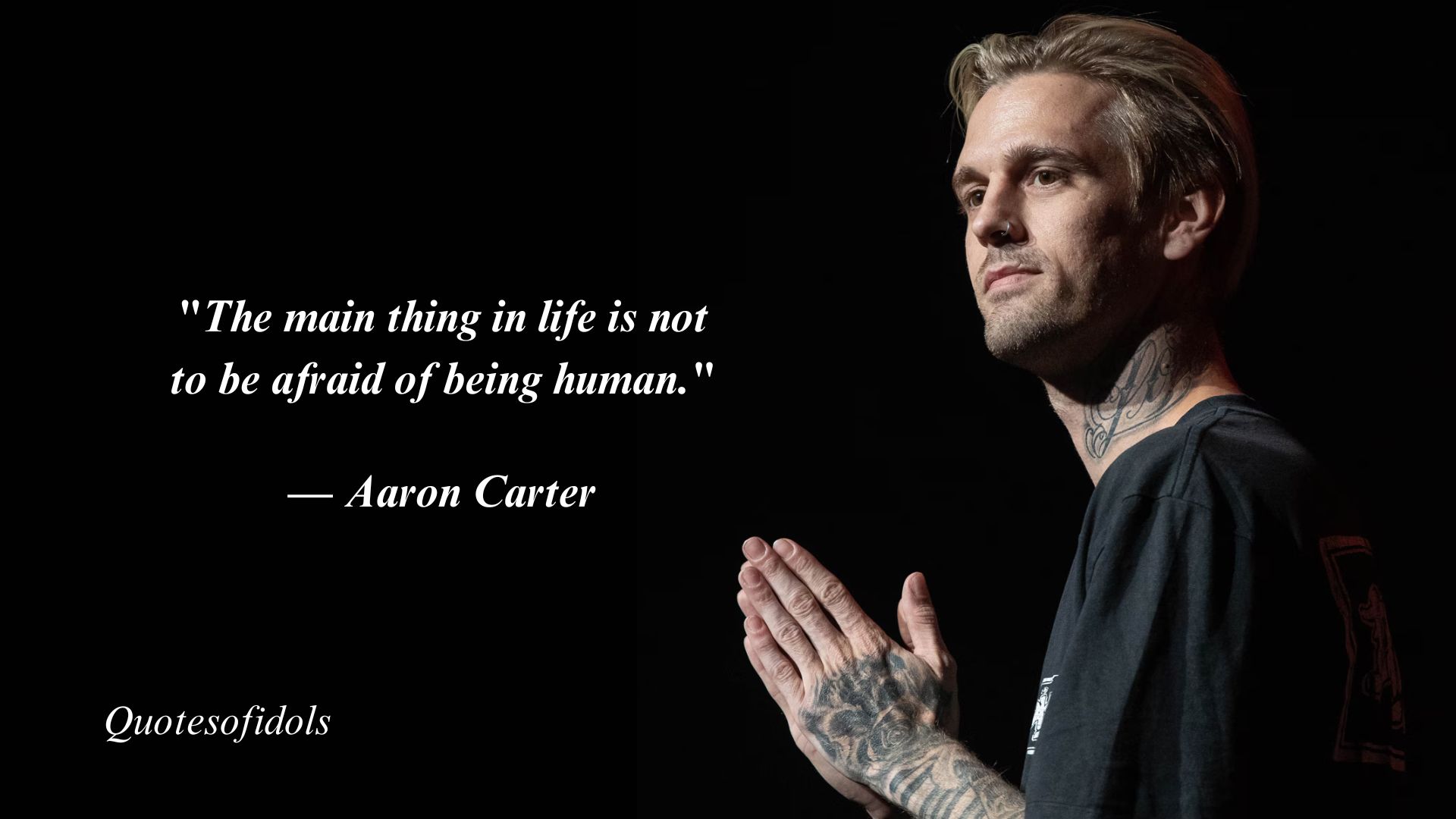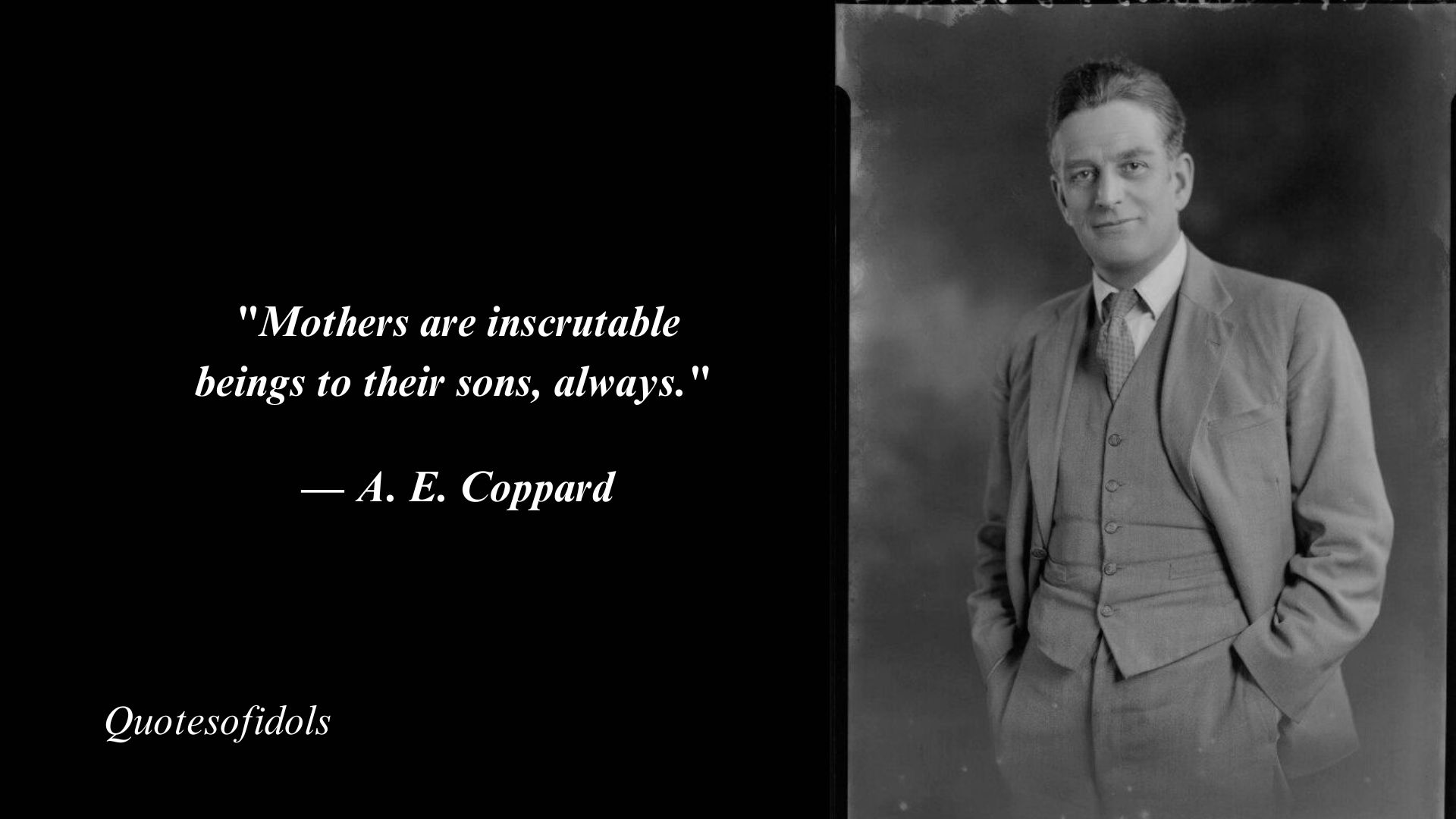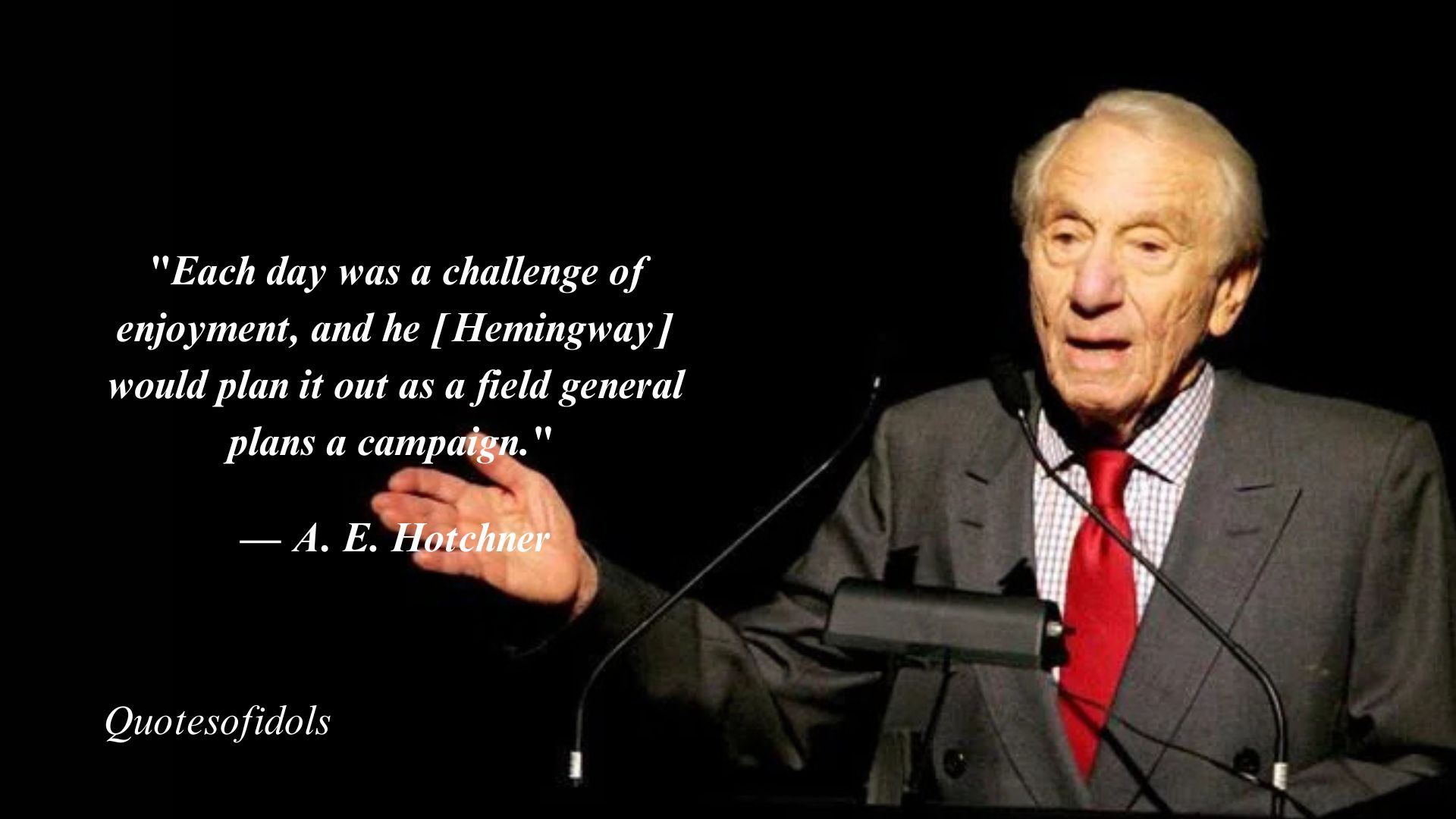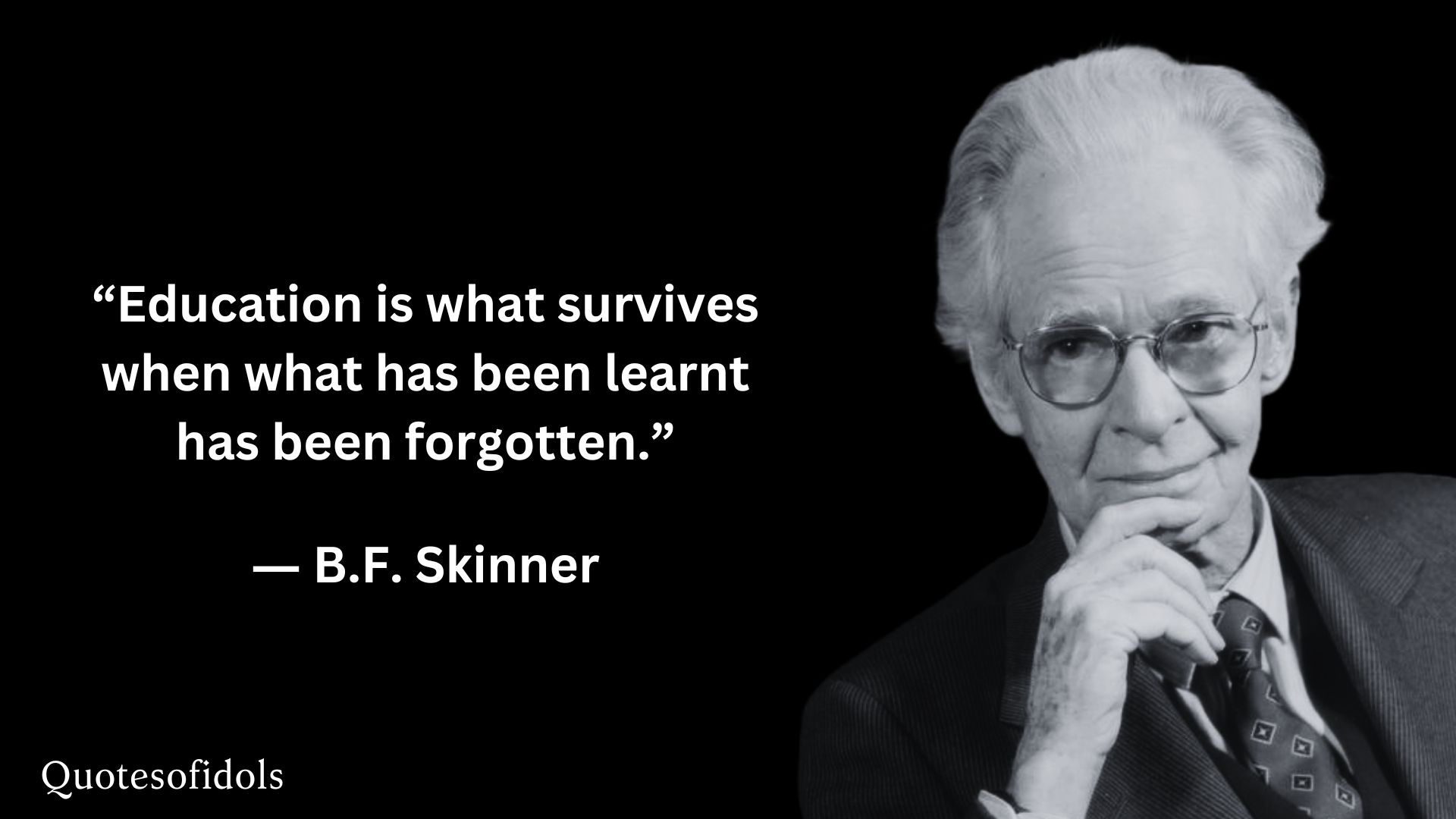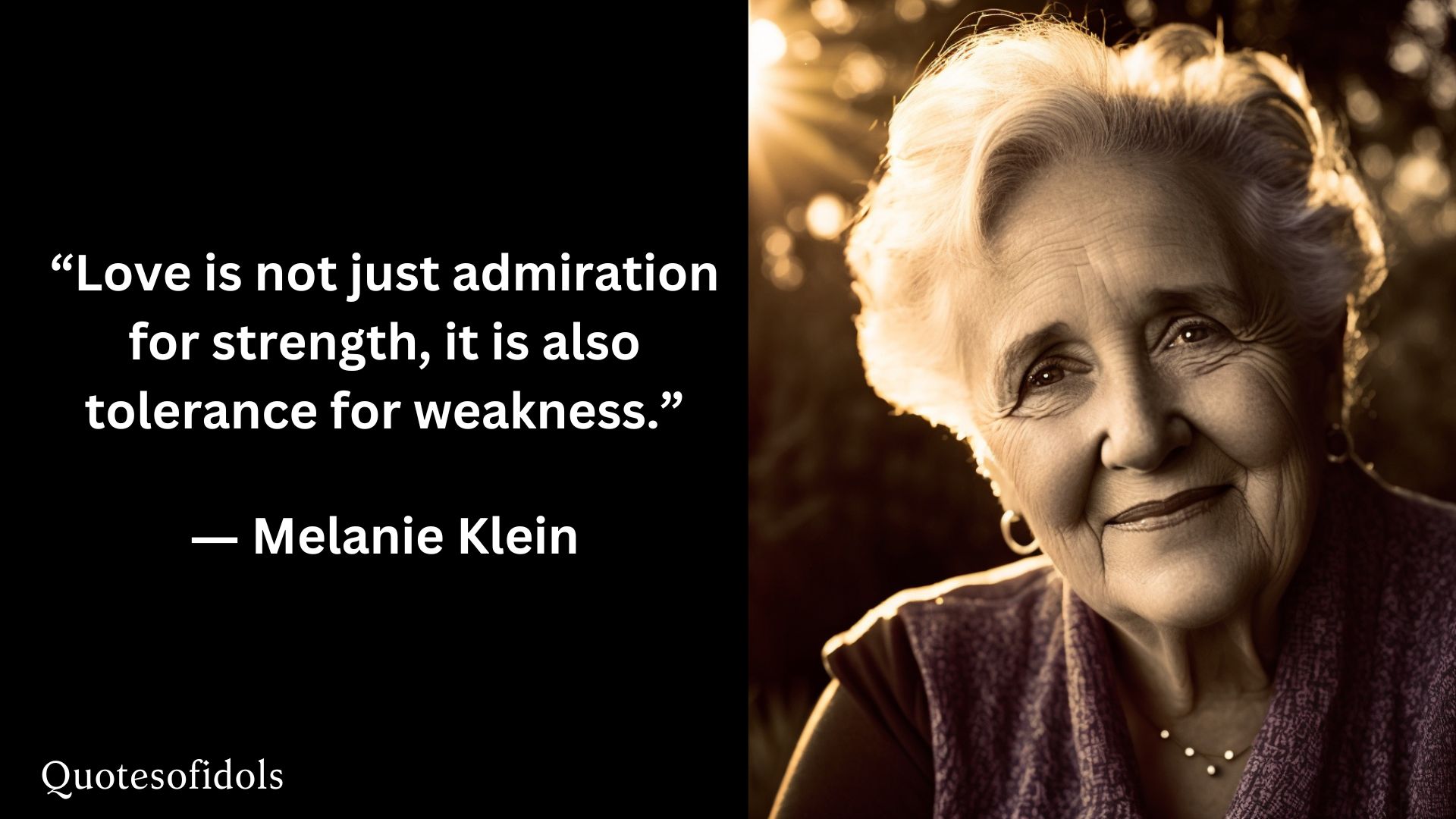All Time Famous Quotes of Carl Ransom Rogers

Carl Ransom Rogers (January 8, 1902–February 4, 1987) was an American psychologist and psychotherapist who was one of the founders of humanistic psychology. He is best known for developing client-centered therapy, a form of psychotherapy that emphasizes the importance of the therapeutic relationship between the therapist and the client.
Carl Ransom Rogers Quotes
01. “The curious paradox is that when I accept myself just as I am, then I can change.”
― Carl R. Rogers
02. “People are just as wonderful as sunsets if you let them be. When I look at a sunset, I don’t find myself saying, “Soften the orange a bit on the right hand corner.” I don’t try to control a sunset. I watch with awe as it unfolds.”
― Carl R. Rogers
03. “The only person who is educated is the one who has learned how to learn and change.”
― Carl R. Rogers
04. “What is most personal is most universal.”
― Carl R. Rogers
05. “In my early professional years I was asking the question: How can I treat, or cure, or change this person? Now I would phrase the question in this way: How can I provide a relationship which this person may use for his own personal growth?”
― Carl R. Rogers
06. “What I am is good enough if I would only be it openly.”
― Carl R. Rogers
07. “The degree to which I can create relationships, which facilitate the growth of others as separate persons, is a measure of the growth I have achieved in myself.”
― Carl R Rogers
08. “a person is a fluid process, not a fixed and static entity; a flowing river of change, not a block of solid material; a continually changing constellation of potentialities, not a fixed quantity of traits.”
― Carl R. Rogers
09. “I’m not perfect… But I’m enough.”
― Carl R. Rogers
10. “When a person realizes he has been deeply heard, his eyes moisten. I think in some real sense he is weeping for joy. It is as though he were saying, “Thank God, somebody heard me. Someone knows what it’s like to be me”
― Carl R. Rogers
11. “If I let myself really understand another person, I might be changed by that understanding. And we all fear change. So as I say, it is not an easy thing to permit oneself to understand an individual,”
― Carl R. Rogers
12. “we cannot change, we cannot move away from what we are, until we thoroughly accept what we are. Then change seems to come about almost unnoticed.”
― Carl R. Rogers
13. “Am I living in a way which is deeply satisfying to me, and which truly expresses me?”
― Carl R. Rogers
14. “When the other person is hurting, confused, troubled, anxious, alienated, terrified; or when he or she is doubtful of self-worth, uncertain as to identity, then understanding is called for. The gentle and sensitive companionship of an empathic stance… provides illumination and healing. In such situations deep understanding is, I believe, the most precious gift one can give to another.”
― Carl R. Rogers
15. “there is direction but there is no destination”
― Carl R. Rogers
16. “The good life is a process, not a state of being. It is a direction not a destination.”
― Carl R. Rogers
17. Perhaps this description makes clear that being empathic is a complex, demanding, and strong – yet subtle and gentle – way of being.”
― Carl R. Rogers
18. “You know that I don’t believe that anyone has ever taught anything to anyone. I question that efficacy of teaching. The only thing that I know is that anyone who wants to learn will learn. And maybe a teacher is a facilitator, a person who puts things down and shows people how exciting and wonderful it is and asks them to eat.”
― Carl R. Rogers
19. “In my relationships with persons I have found that it does not help, in the long run, to act as though I were something that I am not.”
― Carl R. Rogers
20. “I have learned that my total organismic sensing of a situation is more trustworthy than my intellect.”
― Carl R. Rogers
21. “I’ve always felt I had to do things because they were expected of me, or more important, to make people like me. The hell with it! I think from now on I’m going to just be me—rich or poor, good or bad, rational or irrational, logical or illogical, famous or infamous.”
― Carl R. Rogers
22. “The kind of caring that the client-centered therapist desires to achieve is a gullible caring, in which clients are accepted as they say they are, not with a lurking suspicion in the therapist’s mind that they may, in fact, be otherwise. This attitude is not stupidity on the therapist’s part; it is the kind of attitude that is most likely to lead to trust…”
― Carl R. Rogers
23. “the more I can keep a relationship free of judgment and evaluation, the more this will permit the other person to reach the point where he recognizes that the locus of evaluation, the center of responsibility, lies within himself.”
― Carl R. Rogers
24. “I regret it when I suppress my feelings too long and they burst forth in ways that are distorted or attacking or hurtful.”
― Carl R. Rogers
25. “True empathy is always free of any evaluative or diagnostic quality. This comes across to the recipient with some surprise. “If I am not being judged, perhaps I am not so evil or abnormal as I have thought.”
― Carl R. Rogers
26. “When I have been listened to and when I have been heard, I am able to re-perceive my world in a new way and to go on. It is astonishing how elements that seem insoluble become soluble when someone listens, how confusions that seem irremediable turn into relatively clear flowing streams when one is heard. I have deeply appreciated the times that I have experienced this sensitive, empathic, concentrated listening.”
― Carl R. Rogers
27. “evaluation by others is not a guide for me. The judgments of others, while they are to be listened to, and taken into account for what they are, can never be a guide for me. This has been a hard thing to learn.”
― Carl R. Rogers
28. “So while I still hate to readjust my thinking, still hate to give up old ways of perceiving and conceptualizing, yet at some deeper level I have, to a considerable degree, come to realize that these painful reorganizations are what is known as learning,”
― Carl R. Rogers
29. “once an experience is fully in awareness, fully accepted, then it can be coped with effectively, like any other clear reality.”
― Carl R. Rogers
30. “When you are in psychological distress and someone really hears you without passing judgement on you, without trying to take responsibility for you, without trying to mold you, it feels damn good!”
― Carl R. Rogers
31. “It is so obvious when a person is not hiding behind a facade but is speaking from deep within himself.”.
― Carl R. Rogers
32. “We live by a perceptual “map” which is never reality itself.”
― Carl R. Rogers
33. “it is the client who knows what hurts, what directions to go, what problems are crucial, what experiences have been deeply buried. It began to occur to me that unless I had a need to demonstrate my own cleverness and learning, I would do better to rely upon the client for the direction of movement in the process.”
― Carl R. Rogers
34. “To be what one is, is to enter fully into being a process.”
― Carl R. Rogers
35. “You can’t possibly be afraid of death, really, you can only be afraid of life.”
― Carl R. Rogers
36. “I am isolated. I sit in a glass ball, I see people through a glass wall. I scream, but they do not hear me.
– Ellen West”
― Carl R. Rogers
37. “When I am thus able to be in process, it is clear that there can be no closed system of beliefs, no unchanging set of principles which I hold. Life is guided by a changing understanding of and interpretation of my experience. It is always in process of becoming.”
― Carl R. Rogers
38. “The conviction grows in me that we shall discover laws of personality and behavior which are as significant for human progress or human understanding as the law of gravity or the laws of thermodynamics.”
― Carl R. Rogers
39. “I am less and less a creature of influences in myself which operate beyond my ken in the realms of the unconscious. I am increasingly an architect of self. I am free to will and choose. I can, through accepting my individuality, my ‘isness,’ become more of my uniqueness, more of my potentiality.”
― Carl R. Rogers
40. “I have come to feel that the only learning which significantly influences behavior is self-discovered, self-appropriated learning.”
― Carl R. Rogers
41. “Maslow might be speaking of clients I have known when he says, “self-actualized people have a wonderful capacity to appreciate again and again, freshly and naively, the basic goods of life with awe, pleasure, wonder, and even ecstasy, however stale these experiences may be for other people.” (4, p. 214)”
― Carl R. Rogers
42. “To recognize that “I am the one who chooses” and “I am the one who determines the value of an experience for me” is both an invigoraring and a frightening realization.”
― Carl R. Rogers
43. “Perhaps partly because of the troubling business of being struggled over, I have come to value highly the privilege of getting away, of being alone. It has seemed to me that my most fruitful periods of work are the times when I have been able to get completely away from what others think, from professional expectations and daily demands, and gain perspective on what I am doing.”
― Carl R. Rogers
44.“I find it very satisfying when I can be real, when I can be close to whatever it is that is going on within me. I like it when I can listen to myself. To really know what I am experiencing in the moment is by no means an easy thing, but I feel somewhat encouraged because I think that over the years I have been improving at it.”
― Carl R. Rogers
45. “if you are willing to enter his private world and see the way life appears to him, without any attempt to make evaluative judgments, you run the risk of being changed yourself.”
― Carl R. Rogers
46. “I like to think of myself as a quiet revolutionary.”
― Carl R. Rogers
47. “I believe that individuals nowadays are probably more aware of their inner loneliness than has ever been true before in history.”
― Carl R. Rogers
48. “another way of learning for me is to state my own uncertainties, to try to clarify my puzzlements, and thus get closer to the meaning that my experience actually seems to have.”
― Carl R. Rogers
49. “The mainspring of creativity appears to be the same tendency which we discover so deeply as the curative force in psychotherapy—man’s tendency to actualize himself, to become his potentialities.”
― Carl R. Rogers
50. “The strongest force in our universe is not overriding power, but love.”
― Carl R. Rogers
51. “The only way to understand another culture is to assume the frame of reference of that culture.”
― Carl R. Rogers
52. “One of the most satisfying feelings I know—and also one of the most growth-promoting experiences for the other person—comes from my appreciating this individual in the same way that I appreciate a sunset. People are just as wonderful as sunsets if I can let them be. In fact, perhaps the reason we can truly appreciate a sunset is that we cannot control it.”
― Carl R. Rogers
53. “It seems to me that anything that can be taught to another is relatively inconsequential, and has little or no significant influence on behavior.”
― Carl R. Rogers
54. “colossal rigidity, whether in dinosaurs or dictatorships, has a very poor record of evolutionary survival.”
― Carl R. Rogers
55. “Change threatens, and its possibility creates frightened, angry people. They are found in their purest essence on the extreme right, but in all of us there is some fear of process, of change.”
― Carl R. Rogers
56. “Time and again in my clients, I have seen simple people become significant and creative in their own spheres, as they have developed more trust of the processes going on within themselves, and have dared to feel their own feelings, live by values which they discover within, and express themselves in their own unique ways.”
― Carl R. Rogers
57. “I found myself doing this same thing—playing a role of having greater certainty and greater competence than I really possess. I can’t tell you how disgusted with myself I felt as I realized what I was doing: I was not being me, I was playing a part.”
― Carl R. Rogers
58. “I would prefer my experiences in communication to have a growth-promoting effect, both on me and on the other, and I should like to avoid those communication experiences in which both I and the other person feel diminished.”
― Carl R. Rogers
59. “the more the therapist becomes a real person and avoids self-protective or professional masks or roles, the more the patient will reciprocate and change in a constructive direction. Of course, the therapist should accept the patient nonjudgmentally and unconditionally. And, of course, the therapist must enter empathically into the private world of the client.”
― Carl R. Rogers
60. “Das Persönliche ist das Allgmeine.”
― Carl R. Rogers
61. “I have come to recognize that the reason I devote myself to research, and to the building of theory, is to satisfy a need for perceiving order and meaning, a subjective need which exists in me.”
― Carl R. Rogers
62. “It becomes easier for me to accept myself as a decidedly imperfect person, who by no means functions at all times in the way in which I would like to function.”
― Carl R. Rogers
63. “People are just as wonderful as sunsets if you let them be. When I look at a sunset, I don’t find myself saying, Soften the orange a bit on the right hand corner.’ I don’t try to control a sunset. I watch with awe as it unfolds.”
― Carl R. Rogers
64. “letting my experience carry me on, in a direction which appears to be forward, toward goals that I can but dimly define, as I try to understand at least the current meaning of that experience.”
― Carl R. Rogers
65. “I believe that even our most abstract and philosophical views spring from an intensely personal base.”
― Carl R. Rogers
66. “Can I freely permit this staff member or my son or my daughter to become a separate person with ideas, purposes, and values which may not be identical with my own?”
― Carl R. Rogers
67. “The paradigm of Western culture is that the essence of persons is dangerous; thus, they must be taught, guided and controlled by those with superior authority.”
― Carl R. Rogers
68. “Man’s awesome scientific advances into the infinitude of space as well as the infinitude of sub-atomic particles seems most likely to lead to the total destruction of our world unless we can make great advances in understanding and dealing with interpersonal and inter-group tensions. I”
― Carl R. Rogers
69. “Life, at its best, is a flowing, changing process in which nothing is fixed.”
― Carl R. Rogers
70. “In therapy the individual learns to recognize and express his feelings as his own feelings, not as a fact about another person.”
― Carl R. Rogers
71. “From what I have been saying, I trust it is clear that when I can permit realness in myself or sense it or permit it in another, I am very satisfied. When I cannot permit it in myself or fail to permit it in another, I am very distressed.”
― Carl R. Rogers
72. “To be responsibly self-directing means that one chooses—and then learns from the consequences. So clients find this a sobering but exciting kind of experience.”
― Carl R. Rogers
73. “Each man must resolve within himself issues for which his society previously took full responsibility.”
― Carl R. Rogers
74. “He is learning that the feelings which exist are good enough to live by. They do not have to be coated with a veneer”
― Carl R. Rogers
75. “Behavior is basically the goal-directed attempt of the organism to satisfy its needs as experienced, in the field as perceived.”
― Carl R. Rogers
76. “Can I “accept” a person’s anger at me as an authentic aspect of himself? Can I “accept” the person if his beliefs and values are different from mine?”
― Carl R. Rogers
77. “There is no organised encounter group. There is simply a freedom of expression – of feelings and thoughts – on any personally relevant issue.”
― Carl R. Rogers
78. “To understand another person’s thoughts and feelings thoroughly, with the meanings they have for him, and to be thoroughly understood by this other person in return — this is one of the most rewarding of human experiences, and all too rare.”
― Carl R. Rogers
79. “It seems to me to have value because the curious paradox is that when I accept myself as I am, then I change.”
― Carl R. Rogers
80. “When the locus of evaluation is seen as residing in the expert, it would appear that the long-range social implications are in the direction of the social control of the many by the few.”
― Carl R. Rogers
81. “How can I create a helping relationship?
1) Can I be in some way that will be perceived by the other as trustworthy, dependable or consistent in some deep sense?
2) Can I be expressive enough as a person, that what I am will be communicated unambiguously?
3) Can I let myself experience positive emotions towards this person-attitudes of warmth, caring, liking, interest and respect?
4) Can I be strong enough as a person to be separate from the other? Can I be a sturdy respecter of my own needs and feelings as well as his?
5) Am I secure enough within myself to permit him, him separateness? Can I give him freedom to be or do I feel he should follow my advice, remain somewhat dependent on me or become a mold of me?
6) Can I allow myself to enter fully into the world of his feelings, personal meanings and see things as he does?
7) Can I be accepting of each facet of this other person
8) Can I act with sufficient sensitivity in the relationship, that my behaviour won’t be seen as a threat?
9) Can I free him from the threat of external evaluation?
10) Can I meet this individual as a person who is in the process of becoming, or will I be bound by his past and my past?”
― Carl R. Rogers
82. “The concept of “cure” is entirely inappropriate, since in most of these disorders we are dealing with learned behavior, not with a disease.”
― Carl R. Rogers
83. “What is most personal is most general.”
― Carl R. Rogers
